For years, orders from China have helped create thousands of well-paid jobs in Germany. But as China's economic growth has slowed, demand for German goods has fallen, causing many businesses in Europe's powerhouse to struggle.
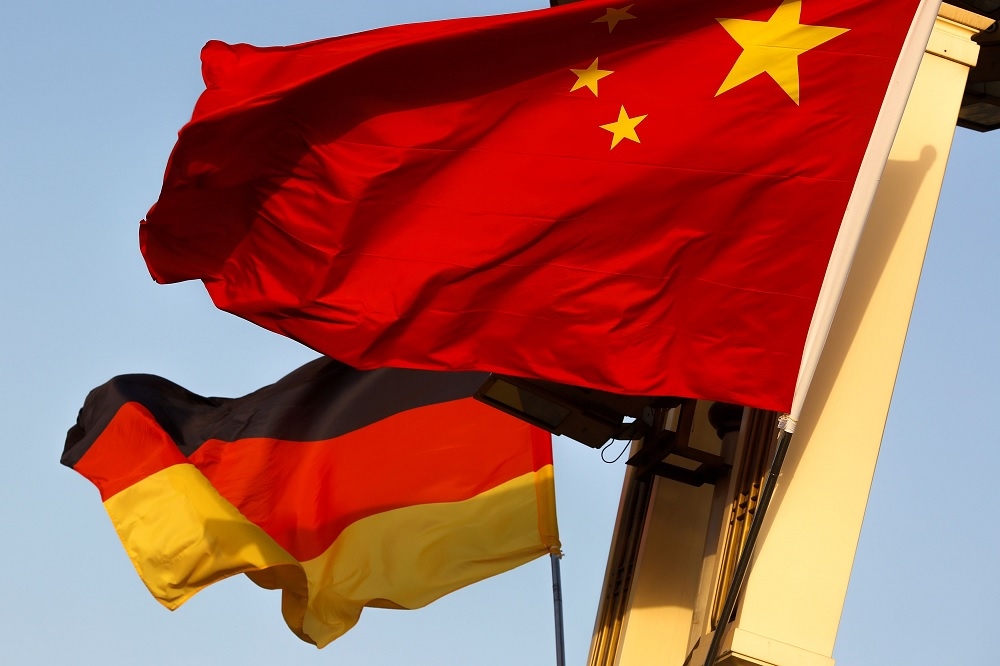 |
| After peaking in 2022, German exports to China fell by 9% in 2023, despite continued economic growth in the Asian country. (Source: Reuters) |
The German economy has been stuck in crisis for the past two years. High energy prices, red tape, delayed infrastructure investment and weak demand in key foreign markets have hit businesses in Europe's largest economy hard.
Besides, China's slowing economic growth is also a big factor.
Exports from Germany to China fall sharply
The Asian giant has long been an important market for German industrial companies, especially in the automotive, machinery and chemical sectors. And orders from the world's second-largest economy have helped Germans secure well-paid jobs.
However, economic challenges including the property market crisis, trade tensions and demographic issues have shaken consumer confidence, causing the country of one billion people to slow down. This has also led to lower demand for German goods.
Berlin's exports to Beijing grew at double-digit rates in the 1990s and 2000s, but growth began to slow a decade ago, according to a report by Rhodium Group.
"After peaking in 2022, German exports to China are set to fall by 9% in 2023, despite continued economic growth in the Asian country," the report said.
As they struggle to cope with the challenging business environment, many German companies - including big names such as Volkswagen, BASF, Continental and ZF... - have had to announce measures to cope such as restructuring, cutting costs and cutting jobs.
At the recent Berlin Global Dialogue, Mercedes-Benz CEO Ola Kallenius said that the "health" of the real estate industry is very important for the world's second largest economy. In this country, many entrepreneurs are "waiting and watching".
China launches huge stimulus package
To reverse the economic slowdown, China has recently rolled out a series of new monetary stimulus measures, including interest rate cuts. The country's leaders have also signaled financial support to revive growth and stabilize the struggling property market.
The People's Bank of China (PBOC) will cut banks' reserve requirement ratio by 0.5 percentage points, freeing up 1 trillion yuan (about $142 billion ) for new loans.
"This is the PBOC's most significant economic stimulus package since the Covid-19 pandemic," said analyst Julian Evans-Pritchard of Capital Economics.
The economic stimulus package is seen as a major first step in Beijing's growth recovery and has lifted investor sentiment, triggering a sharp rally in stock markets.
Meanwhile, according to Reuters (UK), the Chinese Ministry of Finance is planning to issue 2 trillion yuan of special government bonds this year. The money raised will be evenly distributed between two goals: stimulating consumption and supporting local governments to resolve debt.
With the new stimulus package, Bloomberg Economics and many other forecasting organizations predict that China will achieve its target of Gross Domestic Product (GDP) growth of about 5% this year.
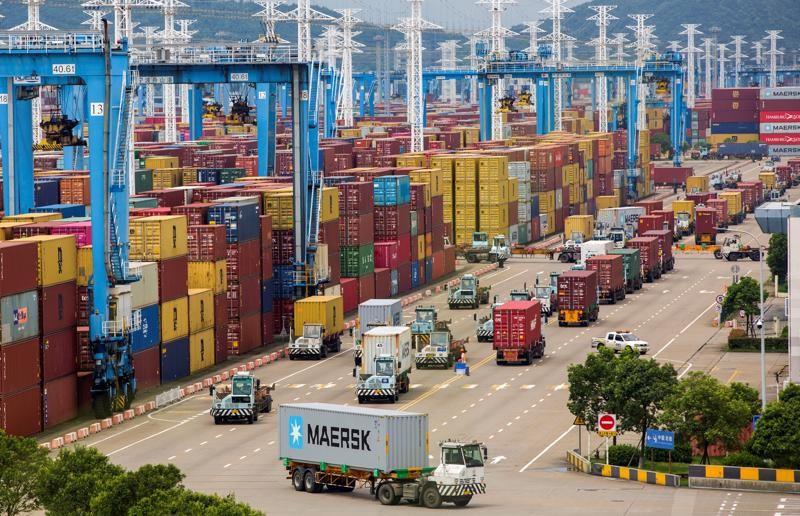 |
| Many Berlin companies are investing heavily in Beijing and adopting the "in China, for China" manufacturing approach. (Source: Reuters) |
Is it enough to save Germany's export situation?
According to observers, China's economic stimulus move could have a positive spillover effect on the global economy, including the German economy.
The situation in China will be important for Mercedes-Benz in the next few years, said Ola Kallenius.
However, not everyone thinks so. Over the past two decades, demand for German goods and technology in China has been very high.
But Noah Barkin and Gregor Sebastian, two experts at Rhodium Group, found that "there are signs that Berlin's exports to Beijing are entering a period of structural decline due to changing competitive dynamics in the auto industry, China's import substitution policies and the wave of localization by German companies in China.
This could lead to a gradual erosion of the link between production in Europe's powerhouse and sales in the world's second-largest economy."
Furthermore, many Berlin companies are now investing heavily in Beijing and adopting the “in China, for China” production approach. This trend underscores the importance of the Chinese market for German companies.
According to data from the Bundesbank, in the first 6 months of this year, German direct investment in China amounted to 7.28 billion euros (equivalent to 8.03 billion USD), nearly 13% higher than the total figure of 6.5 billion euros in 2023.
Returning to China's economic stimulus package , MERICS expert Zenglein asserted that these stimulus measures will not focus on areas particularly relevant to Germany.
" The market environment has changed, with stronger competition from Chinese companies themselves. Therefore, German companies should find a new direction," he stressed .
Source: https://baoquocte.vn/trung-quoc-tung-goi-kich-thich-khung-keo-tieu-dung-nuoc-duc-chua-the-tho-phao-289537.html



![[Photo] Prime Minister Pham Minh Chinh meets with King Philippe of Belgium](https://vstatic.vietnam.vn/vietnam/resource/IMAGE/2025/4/1/be2f9ad3b17843b9b8f8dee6f2d227e7)
![[Photo] General Secretary To Lam receives King Philippe of Belgium](https://vstatic.vietnam.vn/vietnam/resource/IMAGE/2025/4/1/e5963137a0c9428dabb93bdb34b86d7c)
![[Photo] Close-up of Vietnam's sniffer dog team searching for earthquake victims in Myanmar](https://vstatic.vietnam.vn/vietnam/resource/IMAGE/2025/4/1/d4949a0510ba40af93a15359b5450df2)

![[Photo] President Luong Cuong and King Philippe of Belgium visit Thang Long Imperial Citadel](https://vstatic.vietnam.vn/vietnam/resource/IMAGE/2025/4/1/cb080a6652f84a1291edc3d2ee50f631)
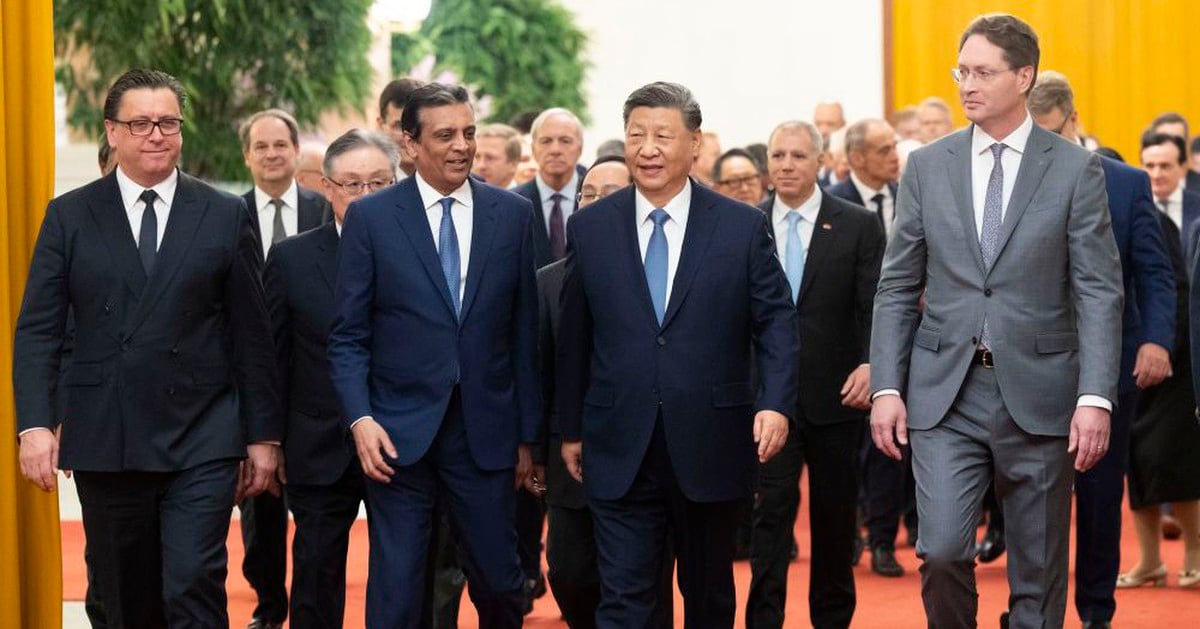




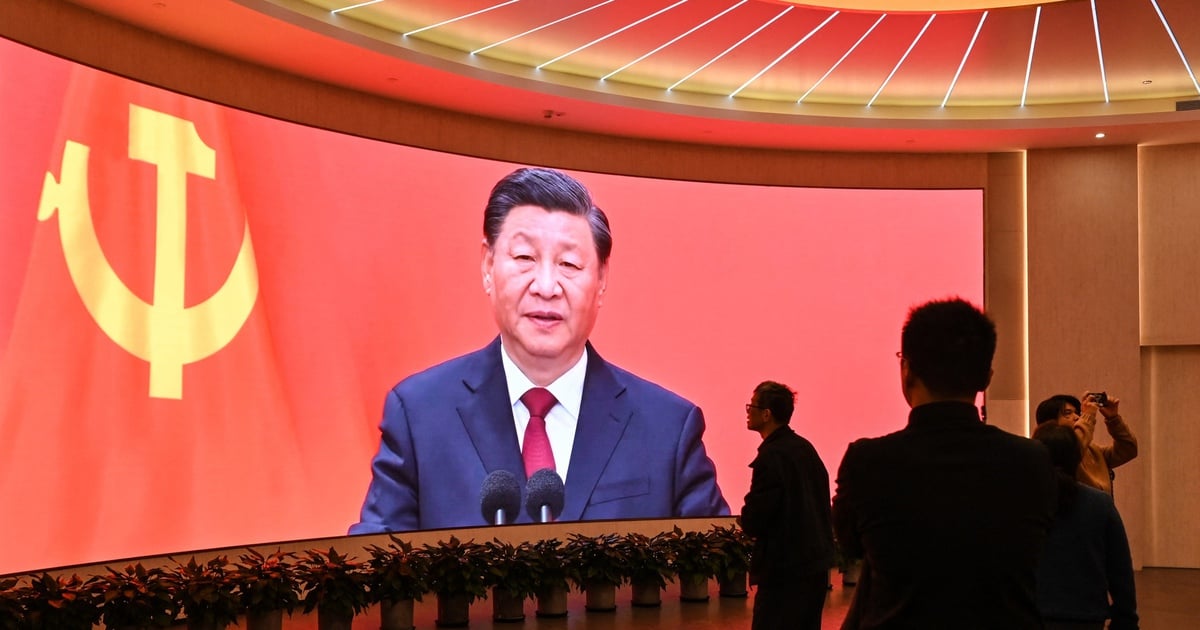

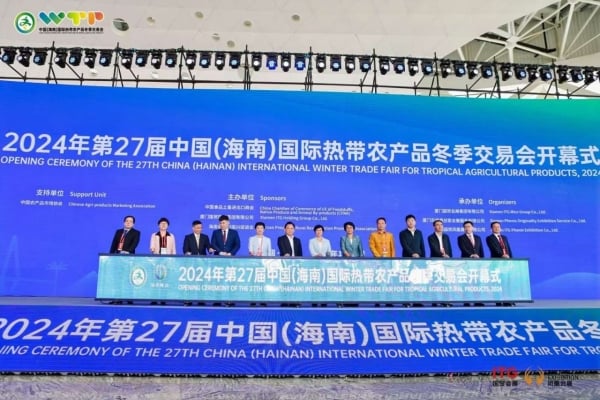


















































































Comment (0)